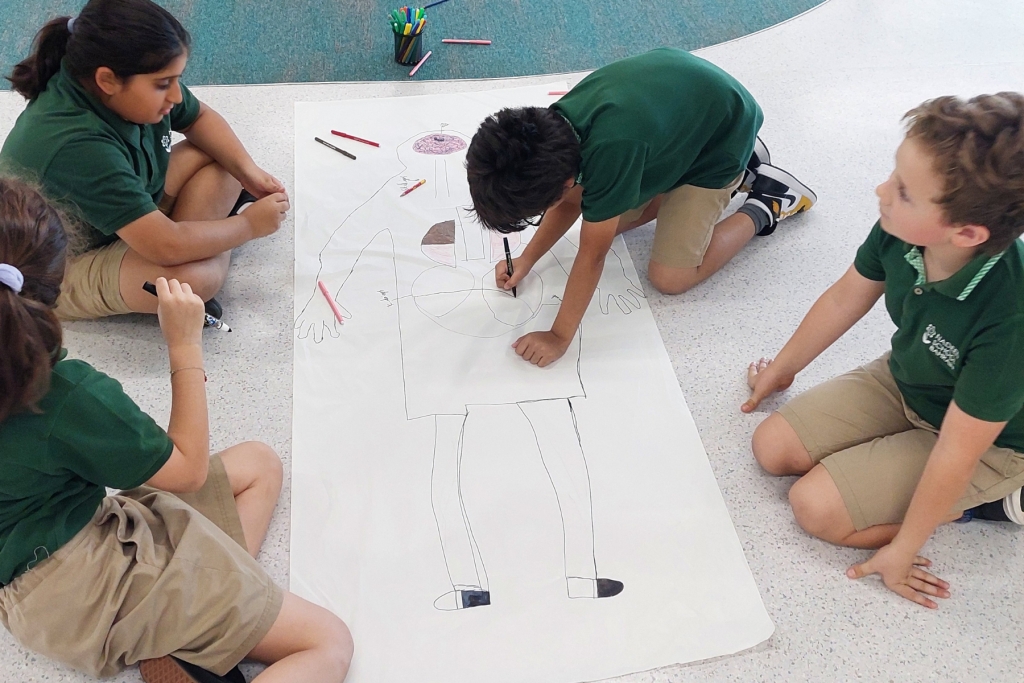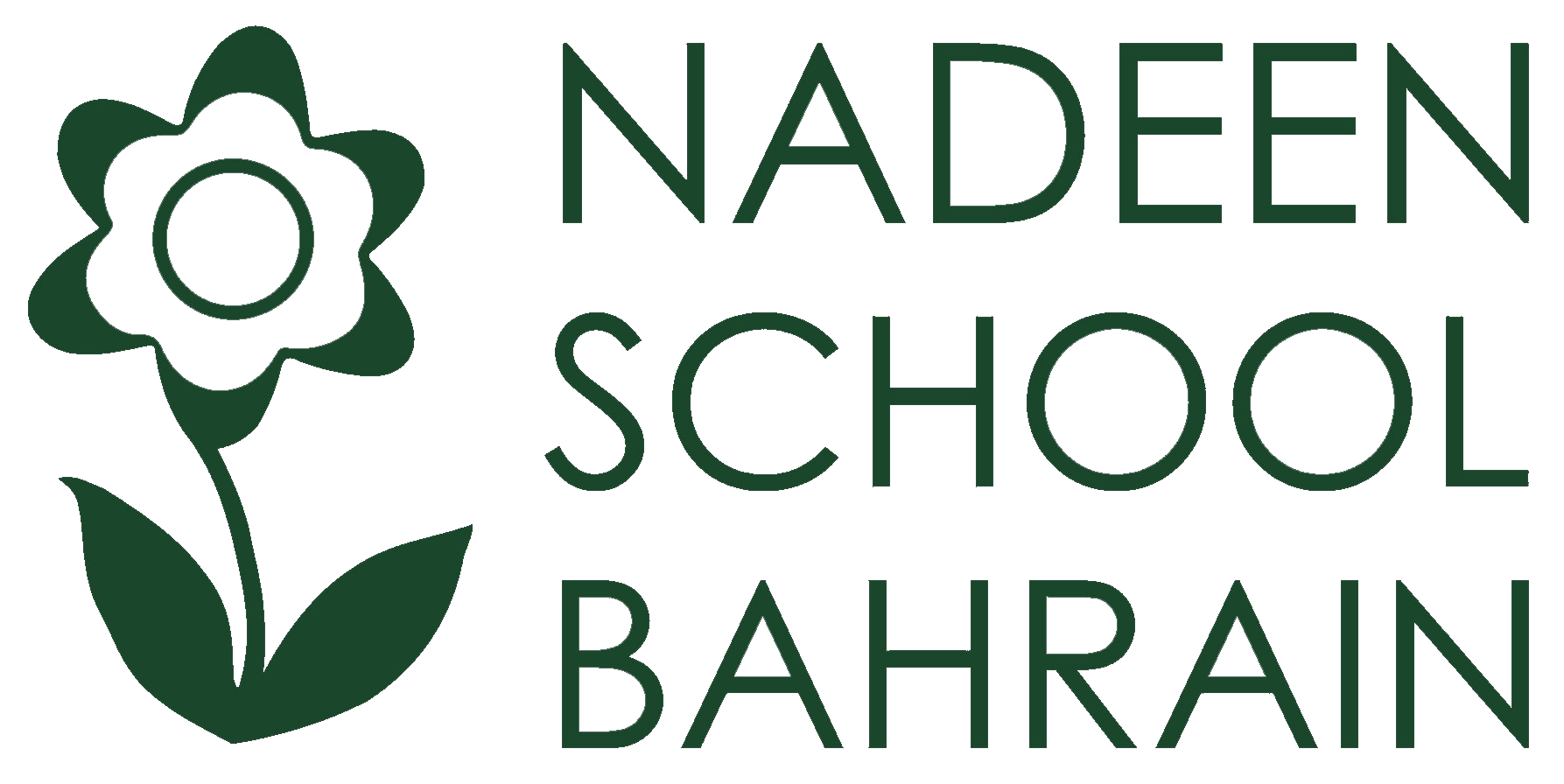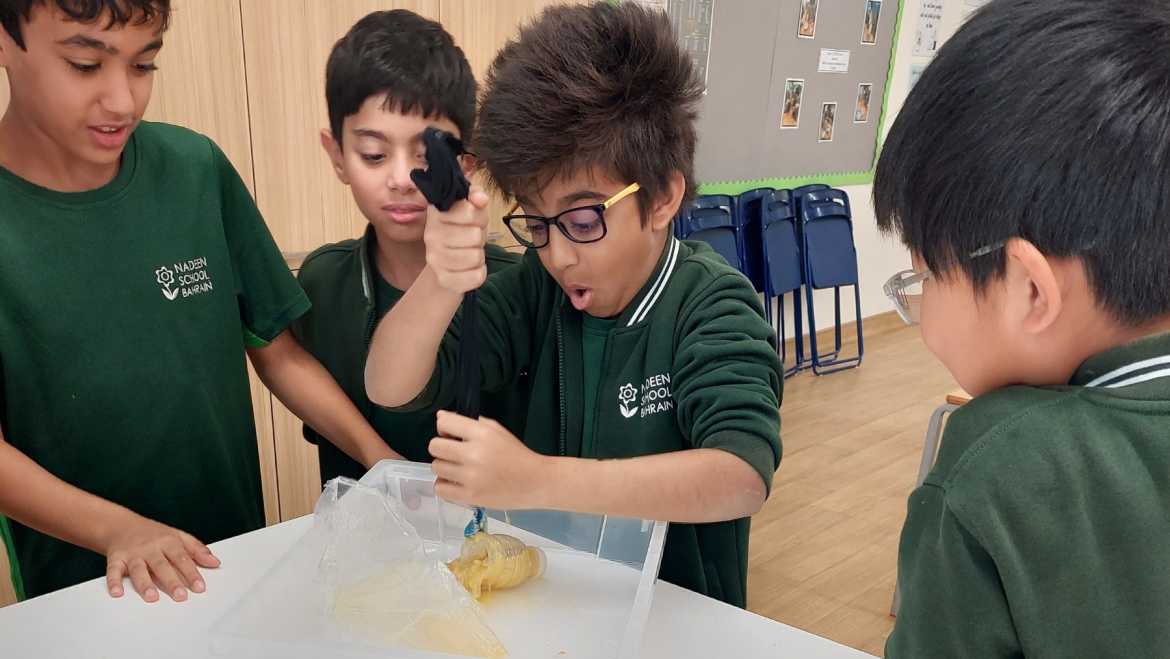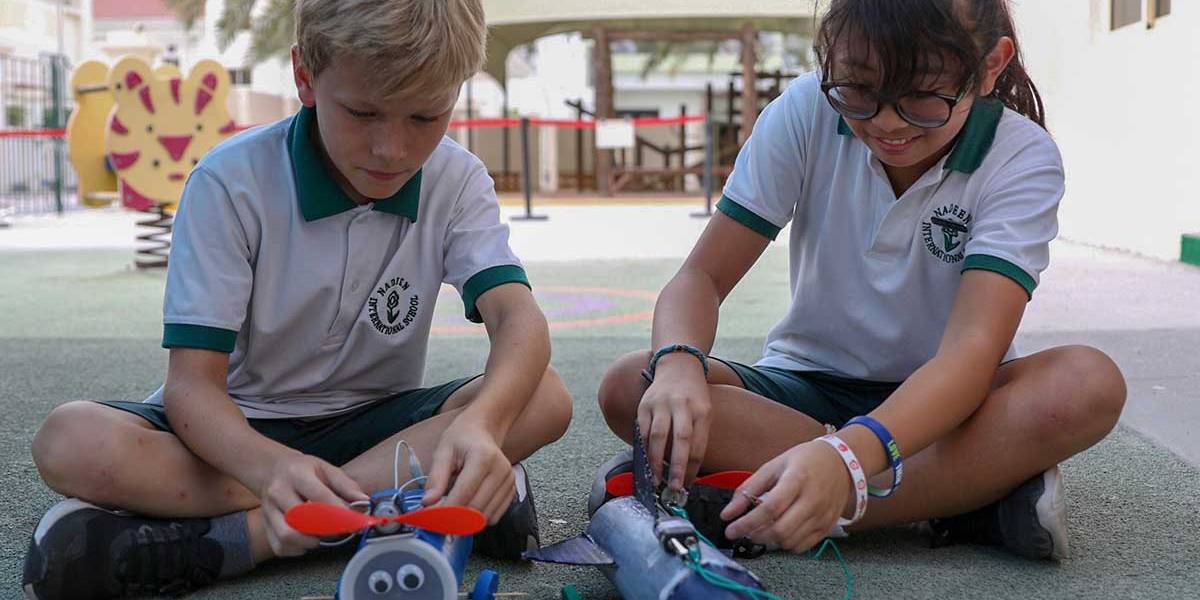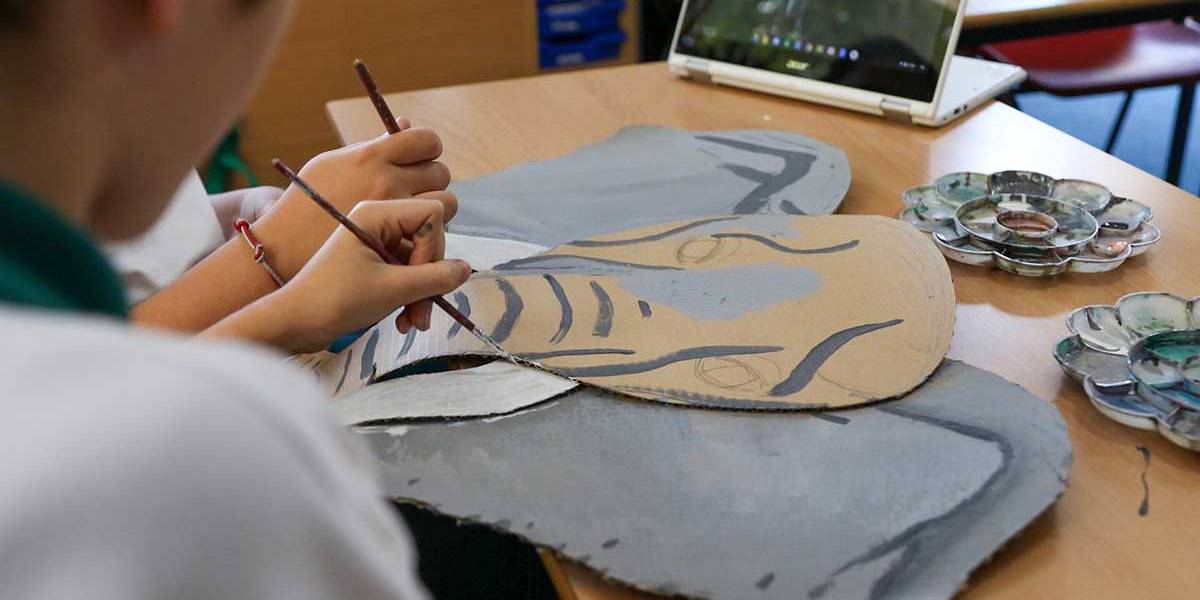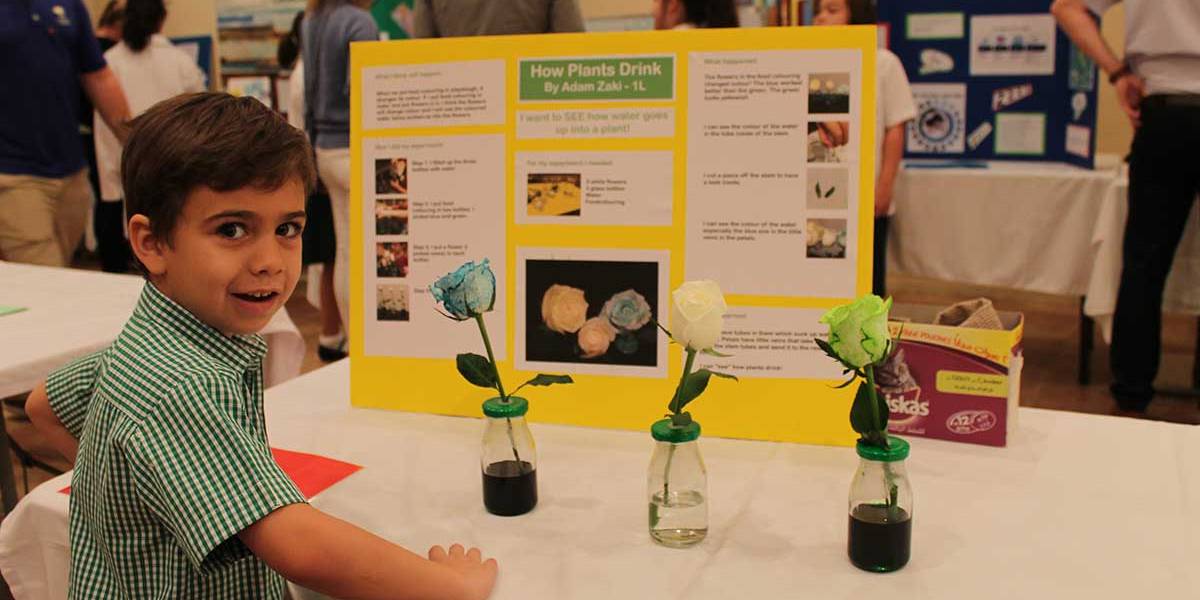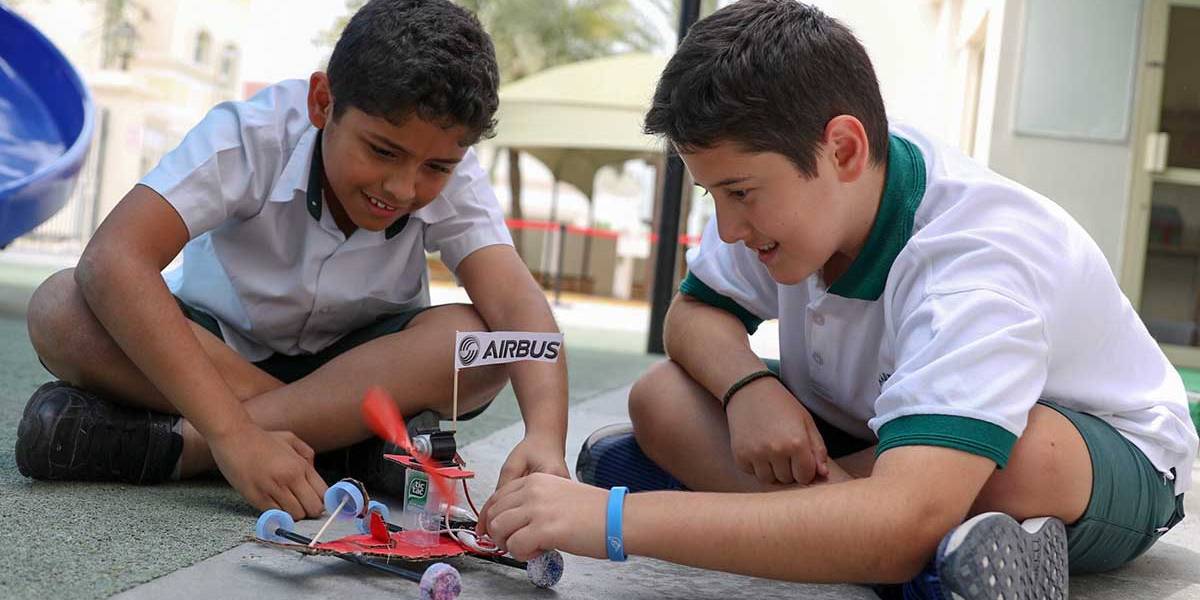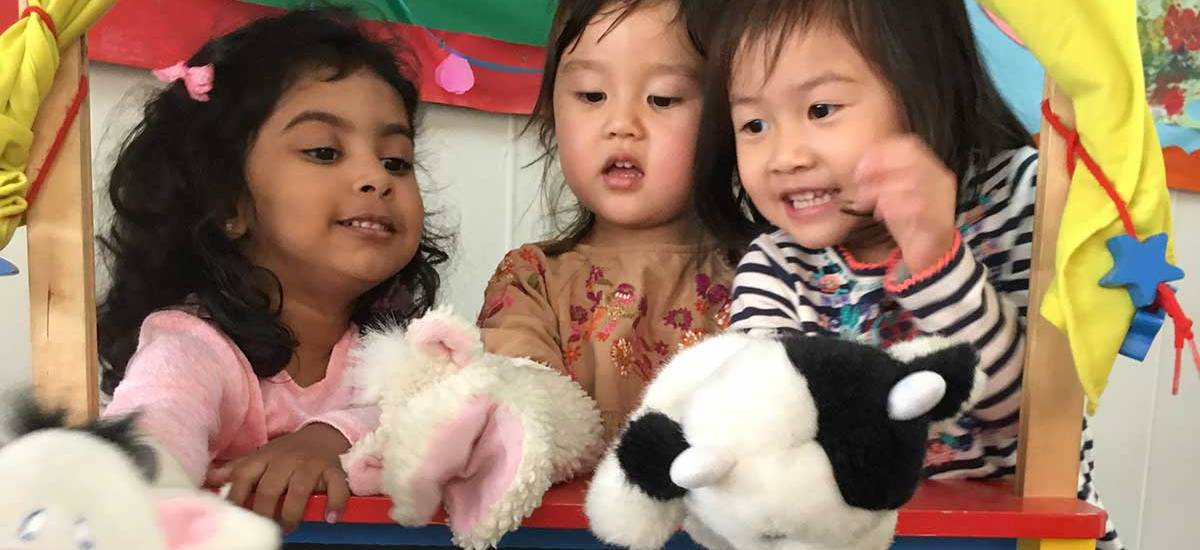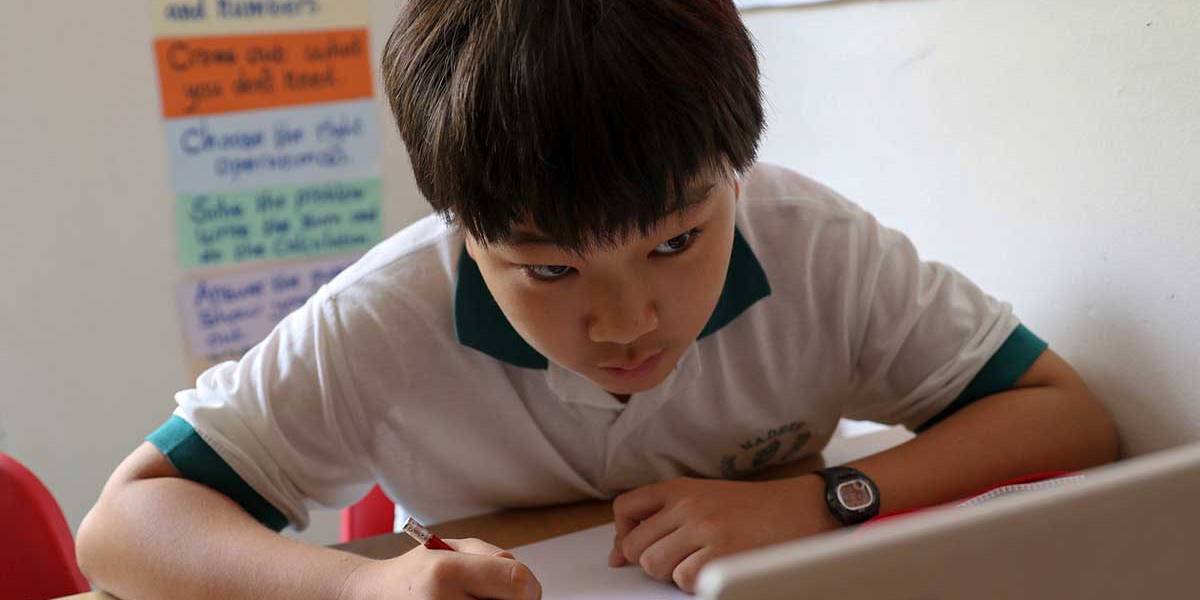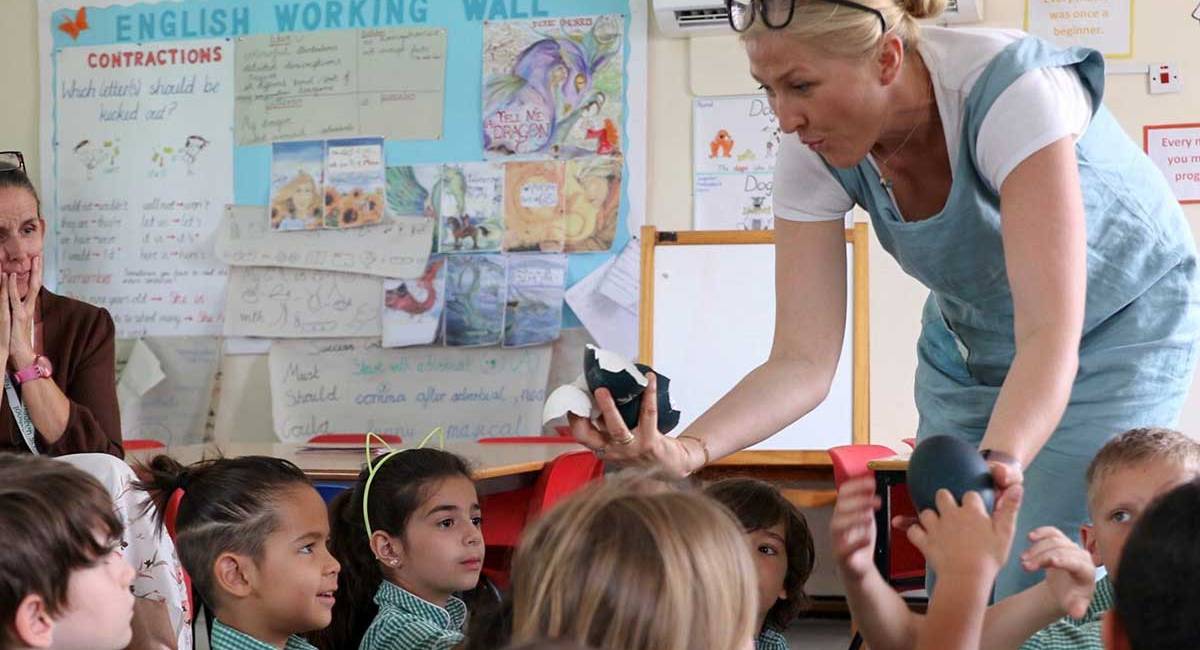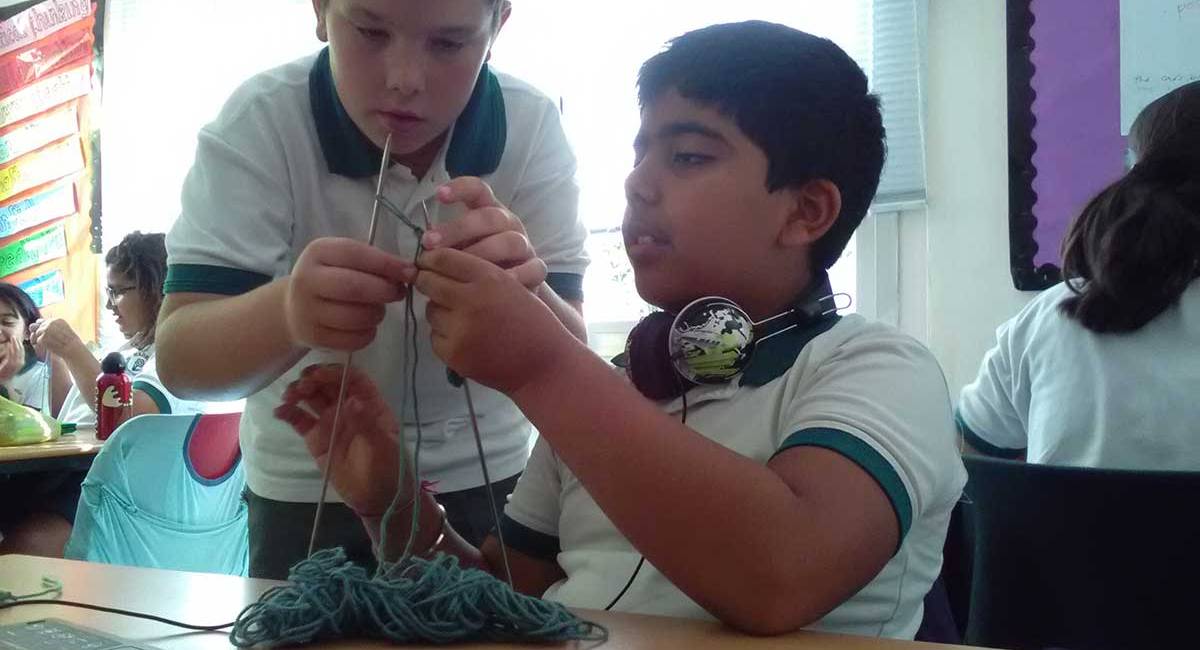Deepening Scientific Understanding in the Primary Classroom by Miss Sarah
Science and scientific understanding is an ever-evolving field. It is crucial that we therefore prepare our students for the future of unknown knowledge. It is important to not just focus on teaching our students scientific content but to provide them with the necessary skills to adapt and change their theories when working scientifically. Children show from a young age that they are natural scientists. The research of Alison Gopnik is fascinating to read as she suggests that “children naturally attempt to construct theories to explain their observations and that they intuitive theories and use many of the same learning mechanisms as scientists.”
“Science is a way of thinking, much more than it is a body of knowledge.“
– by Carl Sagan
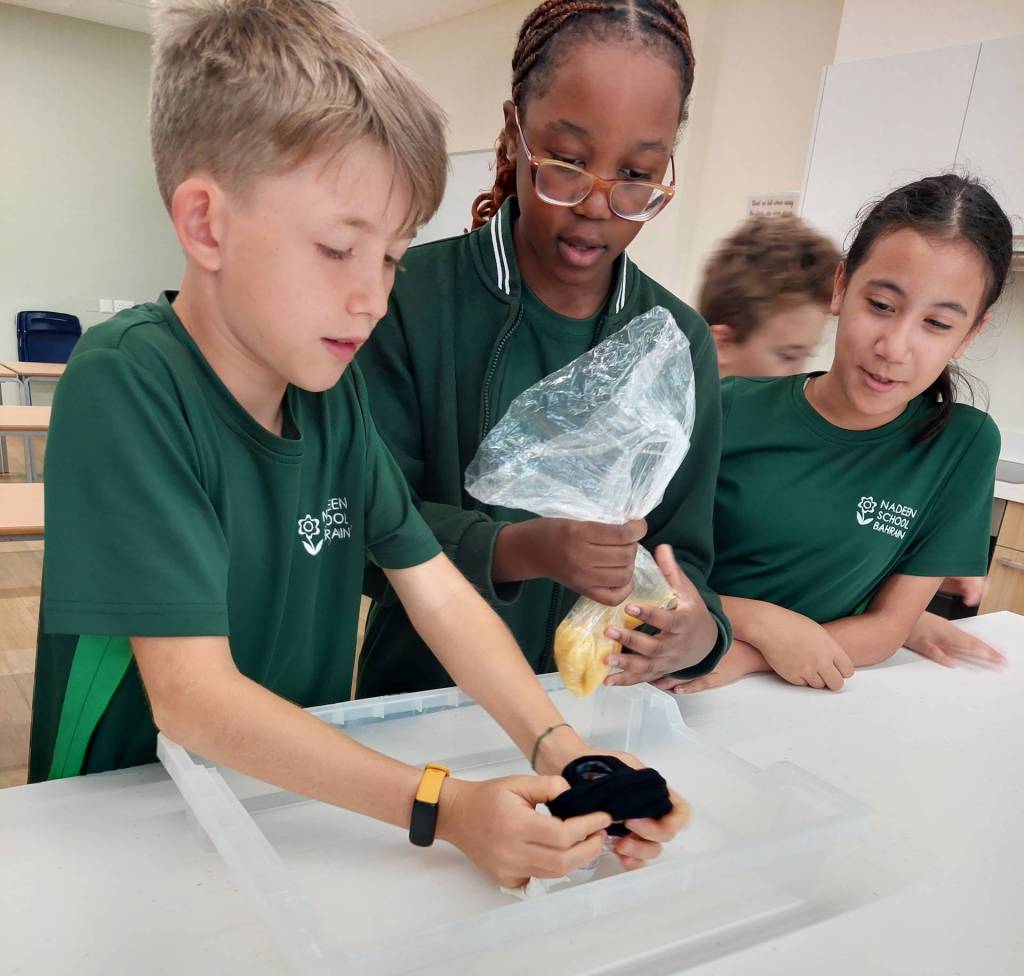
“Without an understanding of scientific approaches and thinking, it is unlikely that children will be able to fully make progress in understanding scientific ideas.”
– Peacock, Graham 2017 Primary Science: Knowledge and Understanding
Students use key scientific skills in order to carry out a scientific enquiry. These include asking questions, making predictions, setting up tests, observing and measuring, recording data, interpreting and communicating results and evaluating. These skills are used to carry out any of the different types of scientific enquiry: observing over time, pattern-seeking, identifying, grouping and classifying, researching and comparative and fair testing. With the introduction of the spiral Cambridge Curriculum, students are taught and encouraged to progress their working scientifically skills during each stage. The previous years’ skills are solidified and built on and new skills are introduced allowing our students to continuously practice their skills over time. Primary staff recently completed some continuous professional development in this area and got to put themselves in their students shoes to explore these skills.
“The CPD was engaging, interactive and extremely useful in demonstrating ways that we can apply scientific skills in the classroom“
– Miss Nicole, Year 4 Teacher
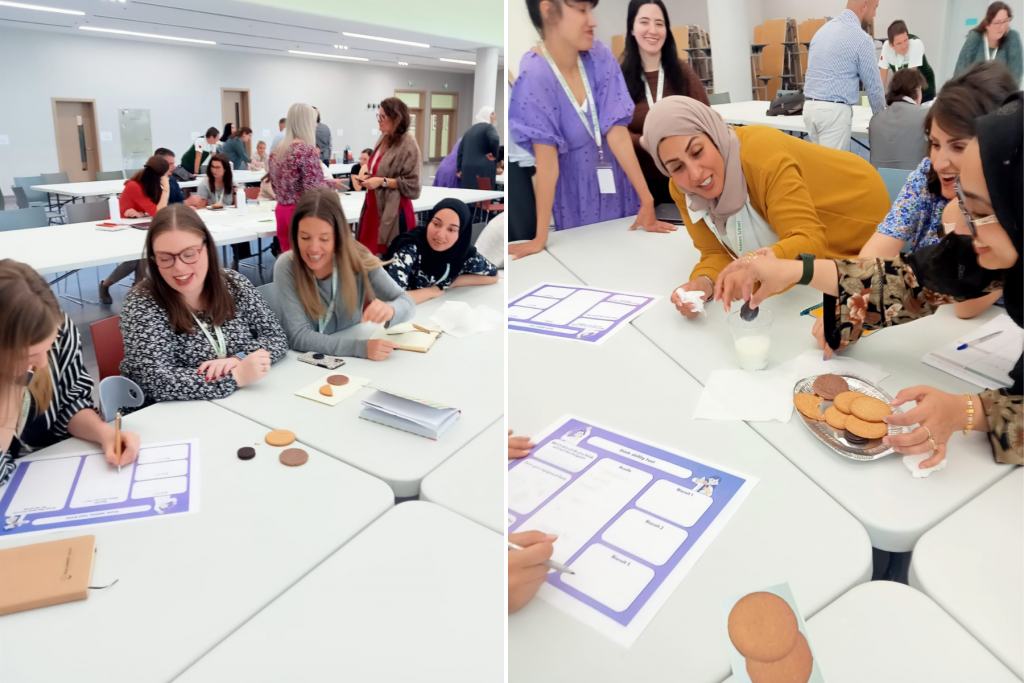
“I really like observing what happens during experiments – especially if it is super disgusting like the digestive system!“
– Julian, Year 5 Student
Allie Kollman, and Erin Sinner provide key reasons for supporting skills over content via The George Lucas Educational Foundation- Edutopia. They suggest that skills development is the way forward for driving student proficiency. It is therefore important for us as parents and teachers to focus on developing key skills with our students. Skills are not developed in isolation and many of these scientific skills can be used and progressed cross-curricularly.
